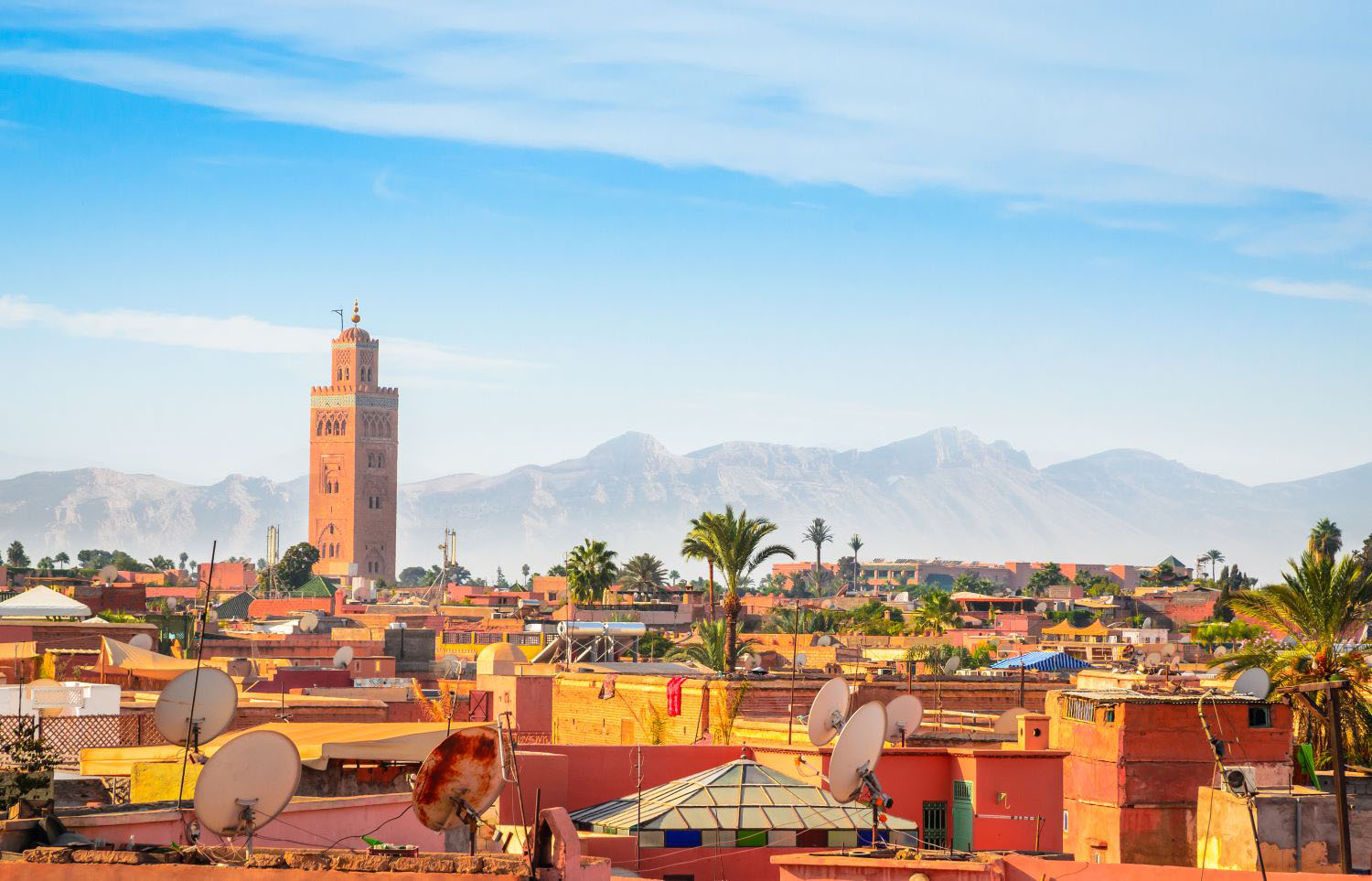Recommended
As the World Bank and IMF meetings wrap up in Morocco, hopes for an imminent revolution in multilateral finance look forlorn. A dollar of capital can support five dollars of lending at the IBRD and the costs of subsidized finance for the poorest countries through IDA are shared amongst more than fifty donors. But it would still take annual expenditure amounting to about 0.03 percent of US GDP for America to help scale the multilateral development banks and actually deliver on repeated promises of many hundreds of billions in development and climate finance. And, apparently, that’s too much. Even as a number of European countries signaled support for a World Bank capital increase, the US stonewalled. Instead, the $2 billion and change in US support that may get delivered this year is typical of the White House approach to international finance so far: trumpet mountains, deliver molehills.
The US rebuff won’t have come as too much of a shock to the countries who might have benefited. The last few years have provided sufficient lessons in broken promises and hypocrisy from rich countries. During the COVID-19 pandemic, we were all in it together until, of course, we weren’t: donor countries hoarded multiples of the vaccines they would need to immunize their whole populations, eventually dumping the surplus stock as it headed towards expiration, with the temerity to celebrate that last act as a sign of generosity counting towards international targets for foreign assistance.
Or look at climate: the ad nauseam repetition from rich country officials at climate summits that this is a global problem requiring global solidarity lasts until they are asked to open their checkbooks: high-income countries who largely created the problem have done what rounds to nothing in terms of supporting poorer countries to survive it. They declared success on delivering $100 billion in climate finance despite the fact we hadn’t yet, even using the cooked accounts kept by the OECD club of wealthy countries. The finance was meant to be ‘new and additional,’ but it is pretty clear little of it met that bar under any reasonable definition. In an attempt to cover their derogation, they claim ‘no tradeoffs’ in climate mitigation and development funding, despite the fact there is an obvious tradeoff between financing bed nets in Liberia and a solar power plant in Brazil if you are a child in Liberia.
Meanwhile, rich countries said they wouldn’t support finance for any fossil-fueled power plants in low- and middle-income countries while they re-opened coal pits and rediverted the world’s supply of natural gas to power their energy systems—systems which belch out multiples of the emissions of the electricity networks in poorer countries. Then they added proposals that multilateral development banks impose conditionality on developing countries to meet Paris climate commitments even as they blew through their own Paris commitments. Now they are proposing carbon border tariffs which will penalize exporters from poorer economies which emit a fraction of the greenhouse gasses per person of the rich world. And the new international financing mechanism for climate championed by the European Union, a tax on shipping emissions, is one that will put a disproportionate burden on poor countries. Marginally reducing greenhouse gas emissions in countries that produce a tiny proportion of those emissions won’t stop climate change even as it further hobbles development. But that is beside the point when the virtue signal of environmental purity is sufficient reward.
If that wasn’t enough, Russia’s attack on Ukraine made very clear how much the Western national security strategies proclaiming new threats to the global commons had equal status with old security concerns were blowing smoke. A spigot dry for climate or pandemic preparedness suddenly poured forth more than $100 billion for Ukraine. It was immediately off again when it came to other countries dealing with the shock of rising fuel and fertilizer prices because of the war. Surely Ukraine deserves the support, but it isn’t the only deserving case.
Given G7 leaders have convincingly demonstrated they are not to be trusted when it comes to their repeated invocation of financing volumes in the hundreds of billions, hopefully advocacy groups will at least fight to preserve flatlining aid funding for activities actually in developing economies, with a focus on the poorest, rather than subsidizing ineffective climate projects in richer countries like Brazil and Malaysia or (even more obscenely) refugee hotel costs in donor countries. But for any additional finance, low- and middle-income countries may have to look elsewhere. For all the issues with Chinese debt, you can use it to build things. Unmet promises from the West don’t buy cement.
The good news is that development finance has never been the most important driving force for development progress. The people and governments of developing countries themselves have that role. And for all the US has been trying to hobble the World Trade Organization, there is still some life left in global trade, bolstered by new regional initiatives including the Africa Continental Free Trade Agreement. Again, as the labor force starts shrinking in the aging countries of Europe, they will need to import more services or the labor to provide them locally—and that is already providing new opportunities across the Global South. Meanwhile, the US Inflation Reduction Act may be larded with inefficient subsidies for domestic manufacturers, but on the margin, at least, it should reduce the costs of zero-carbon technologies with planet-wide impacts. And technological advance will continue more broadly—malaria vaccines alone could save many millions of lives.
But progress could be considerably faster—on climate, on pandemics, on the fight against poverty and insecurity—if rich countries met their obligations to the rest of the world. Led by the US, the skinflint G7 are displaying an utter lack of international leadership, to the detriment of the whole planet.
Disclaimer
CGD blog posts reflect the views of the authors, drawing on prior research and experience in their areas of expertise. CGD is a nonpartisan, independent organization and does not take institutional positions.





